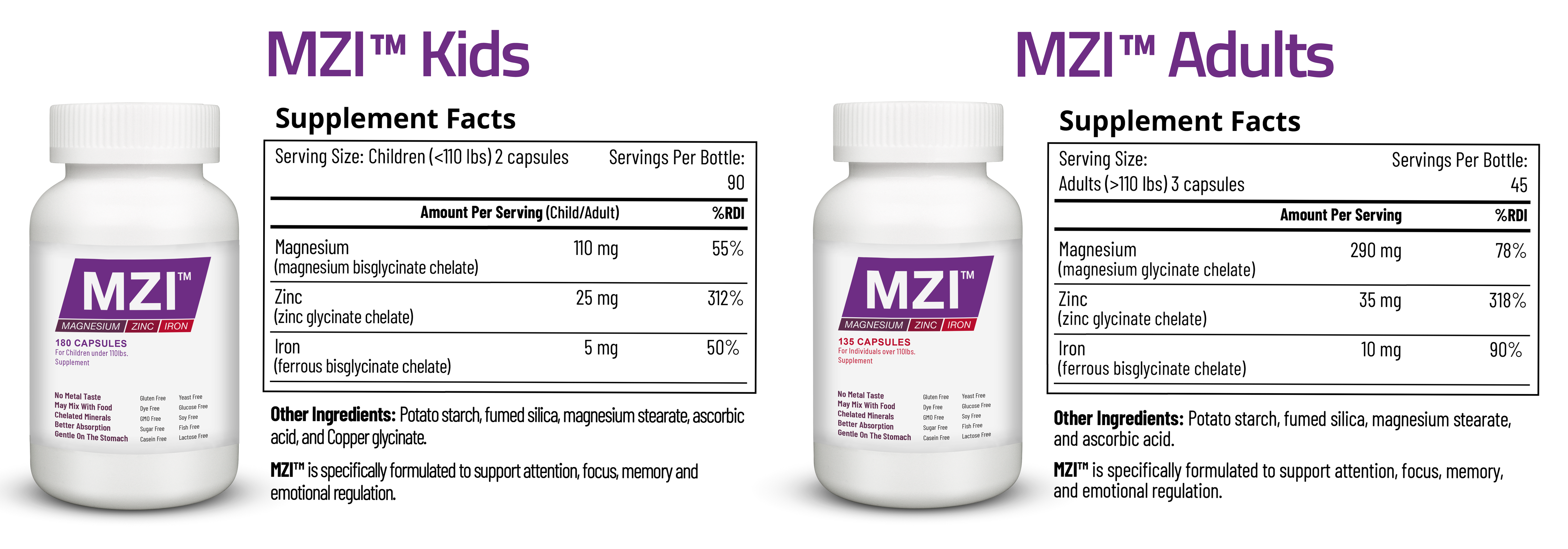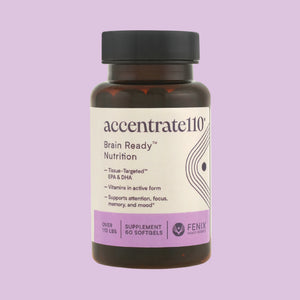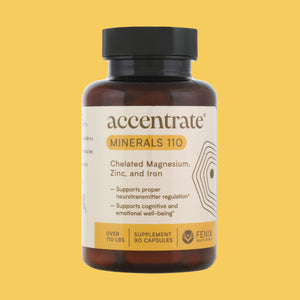Magnesium for Better Sleep

One of the doctors who recommends our products said, “I recommend protocols that work 24/7. I recommend medication, but that only works during the day. Nutritional supplementation works when you’re sleeping.”
We also hope that you are not only sleeping but getting good rest. Many people use supplements like melatonin to help them get to sleep and/or stay asleep, but melatonin isn’t the only supplement that can help. Magnesium has been shown to improve insomnia, sleep efficiency, sleep time, sleep onset latency, and early morning awakening.1
Magnesium is a mineral found in a range of foods and is provided in our product, MZI™ (Magnesium, Zinc and Iron), in the highly absorbable chelated form.

Magnesium is required for DNA replication, transcription into RNA and translation into protein; plays a role in bone formation; maintains blood sugar and blood pressure; and regulates the muscular, nervous, and cardiovascular systems. This mineral is needed for more than 300 biochemical reactions in the body. “It is used by hundreds of enzymes in the body to complete important functions at the cellular level.”1
Magnesium is also thought to affect levels of melatonin, the hormone associated with when we fall asleep and when we wake up, known as our circadian rhythm. Magnesium relaxes muscles and may help restless legs in some people. Because of these impacts, magnesium plays an important role in how we sleep.
For those who do take MZI™ or other magnesium supplements, taking them in the evening may improve sleep quality provided you remember to take them regularly to see the full benefit through routine use.
While magnesium and melatonin supplements will not cause you to fall fast asleep if you’re lying in bed watching TikTok on your phone, they are components of an array of factors that help with sleep and overall healthy wellbeing.
For more information on the benefits of magnesium supplementation, check out the article below.
References:
[1] A, Kimiagar M, et al. “The effect of magnesium supplementation on primary insomnia in elderly: A double-blind placebo-controlled clinical trial.” J Res Med Sci. 2012 Dec;17(12):1161-9.
These statements have not been evaluated by the Food and Drug Administration. This product is not intended to diagnose, treat, cure, or prevent any disease.




